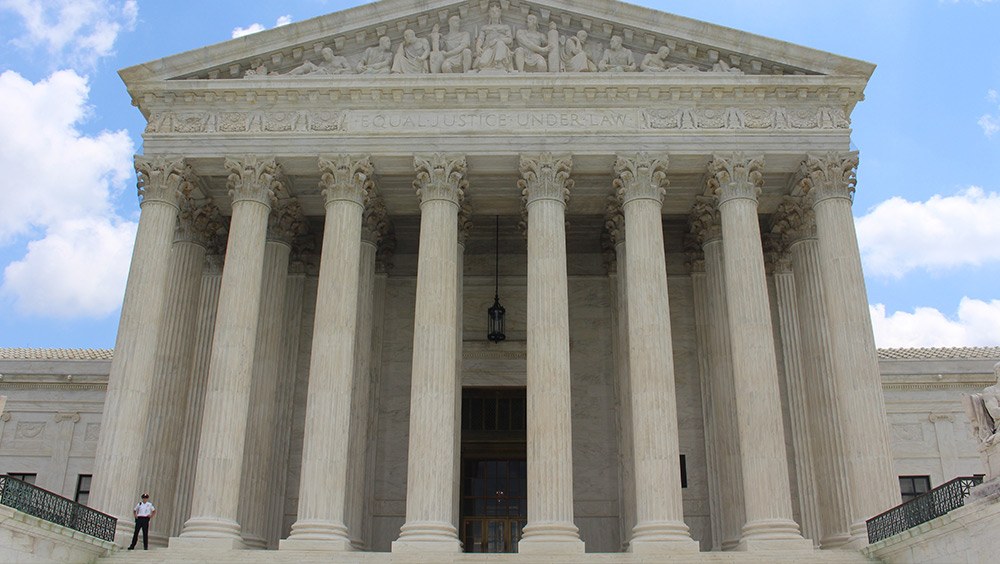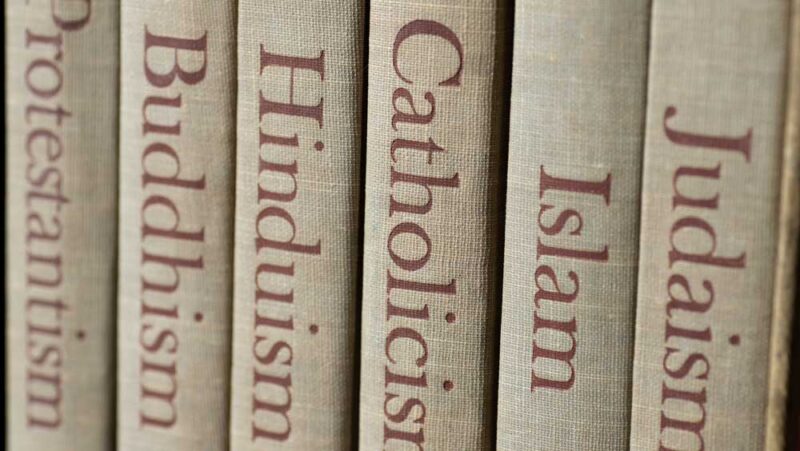At the Supreme Court, A Day of Infamy for Religious Freedom

June 26, 2018, will be long remembered as a day of infamy for religious freedom in America. On that date, the U.S. Supreme Court upheld President Donald Trump’s order restricting entry into the United States for nationals of seven countries, five of which have majority Muslim populations.
The 5-4 decision in Trump v. Hawaii is nothing less than a proclamation that hostility toward Islam and discrimination against Muslims is now the official policy of the United States of America.
If this sounds too harsh, consider that earlier this term this same Court invalidated a ruling of the Colorado Civil Rights Commission because of perceived hostility by two commissioners toward the Christian faith of a Colorado baker (Masterpiece Cakeshop v. Colorado Civil Rights Commission).
Just weeks later, the court tells us that overwhelming evidence of government hostility toward Muslims and Islam should be ignored in the name of protecting “national security” and upholding presidential powers. In other words, hostility by the government towards Christians is a violation of the First Amendment, but hostility by the government towards Muslims is not.
Granted, the Trump administration did everything possible to make Presidential Proclamation No. 9645 palatable to the justices by cleaning up some of the more egregious flaws of the first two versions that were soundly rejected by lower courts. But the core purpose of the ban was never “national security,” but rather a ham-handed, transparent effort by Trump to fulfill his campaign promise to implement a “total and complete shutdown of Muslims entering the United States.”
If Trump was really focused on national security, his administration would have addressed any “inadequacies and risks” in the vetting system long before now. Instead, the administration has continued to push for a ban – any ban – so the president could declare victory. It matters not to Trump and his advisors that the current Muslim ban adversely affects millions of people, including countless families and individuals, many of whom are American citizens.
“National security” is the fig leaf Trump has used to implement his anti-Muslim policy. Everyone with ears to hear the president’s anti-Muslim rhetoric knows that this is true. In an administration filled with people who have a history of animus toward Islam – starting with National Security Advisor John Bolton – this is not surprising. What is astounding is that five Supreme Court justices have decided to ignore the overwhelming evidence of Trump’s intention to discriminate against Islam and Muslims.
Let’s be very clear: under the First Amendment, the President of the United States may not favor one religion over another. As Justice Sotomayor explains in the opening lines of her blistering dissent: “The United States of America is a Nation built upon the promise of religious liberty. Our Founders honored that core promise by embedding the principle of religious neutrality in the First Amendment. The Court’s decision today fails to safeguard that fundamental principle.”
What remains of religious freedom in America – especially for religious minorities – if the government supported by the Supreme Court can “sanction a discriminatory policy motivated by animosity toward a disfavored group, all in the name of a superficial claim of national security,” to quote Justice Sotomayor?
Surely this is the Dred Scott decision of First Amendment law. And like that decision, we can only hope that Trump v. Hawaii will one day be overturned and discarded on the dustbin of history where it so justly belongs.
Charles C. Haynes is senior fellow for religious liberty for the Freedom Forum, and founder, Religious Freedom Center.
Montana Youth Climate Advocates and the Power of Petition
When is a Religious Symbol Not a Religious Symbol?
Related Content

